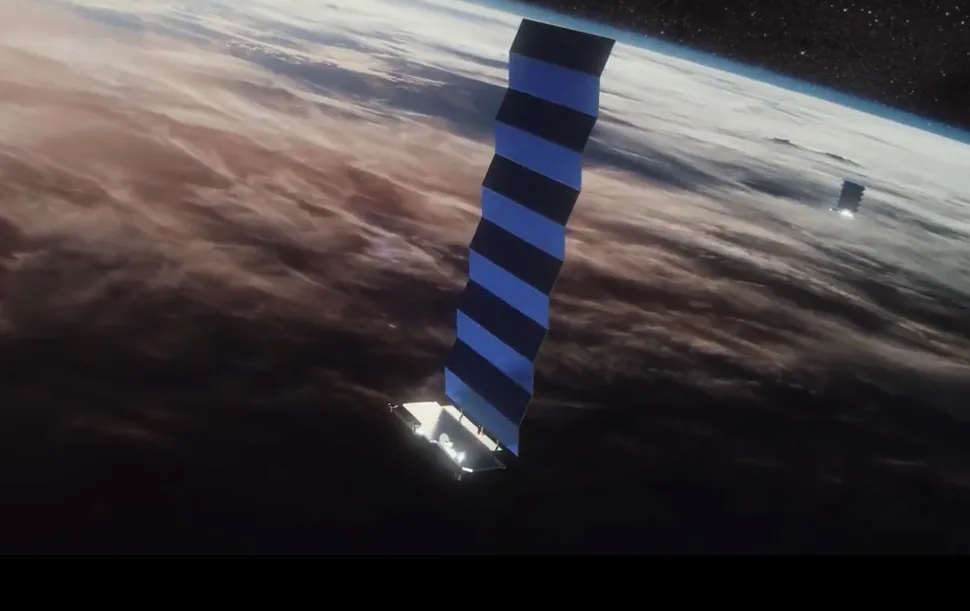SpaceX just secured its first deal to provide inflight internet service on airplanes using its Starlink constellation of broadband satellites.
The service will be available
later this year to customers of JSX, a charter airline company that plans to
equip 100 planes with Starlink-provided inflight Wi-Fi.
"The service will be offered
to all JSX customers at no charge, and will not require logging in or other
complexities associated with legacy systems," JSX representatives said in
an emailed statement on Thursday (April 21) that announced the new deal.
A JSX spokesperson declined to
disclose the value of the contract when asked by Reuters. SpaceX has
been in discussions with several airlines in recent months, the Reuters report
added
Delta Airlines told the Wall
Street Journal, however, that it recently conducted "exploratory
tests" of Starlink's internet technology in a bid to potentially reach
business users., but it's unclear who else might be willing to take the service
in-air.
Neither SpaceX nor its founder
and CEO, Elon Musk, has commented on the JSX deal on Twitter to date,
although Musk said in 2021 that SpaceX was targeting different airplane types
for Starlink.
"Schedule driver there is
regulatory approval," Musk tweeted on June 25, alluding to the
Federal Aviation Administration that oversees the airline industry. "Has
to be certified for each aircraft type. Focusing on 737 & A320, as those
serve most number of people, with development testing on
Gulfstream."
JSX's Embraer ERJ aircraft were
not on Musk's list from that time. The regional jets, however, cater to
business users as they are low-volume (30 seats each) and fly point-to-point
between several high-population cities, mainly in the western U.S. and Texas.
JSX also offers valet service and a 20-minute check-in process in the
airport, compared with the typical 90 minutes or more for domestic journeys.
Starlink is a great option for
rural or remote customers frustrated with their existing internet options,
SpaceX representatives have said. This client group could include airline
business customers looking for better internet in-air, to continue their work
on the go.
"Users can expect to see
download speeds between 100 Mb/s and 200 Mb/s, and latency as low as 20ms in
most locations," the Starlink home page states of its service to
ground terminals. The page does not say what those speeds might be at 30,000
feet (9 kilometers) above Earth.
Starlink's rapid service relies upon a steady supply of satellites that SpaceX ferries to orbit on its Falcon 9 workhorse rocket. SpaceX has already launched more than 2,300 Starlink satellites and may eventually loft about 30,000. The megaconstellation's potential impact on astronomy, launch services and the space debris environment has drawn criticism from some scientists and other stakeholders.
JSX is proud to be the first air carrier to adopt @SpaceX Starlink internet inflight, free for every Customer onboard. We’d call it the best Wi-Fi in the sky, but it’s actually the greatest Wi-Fi in the galaxy - coming later this year. #Starlink #SpaceX #FlyJSX @elonmusk pic.twitter.com/u3ZrkF3Xs7
— JSX (@flyjsx) April 21, 2022

Comments
Post a Comment